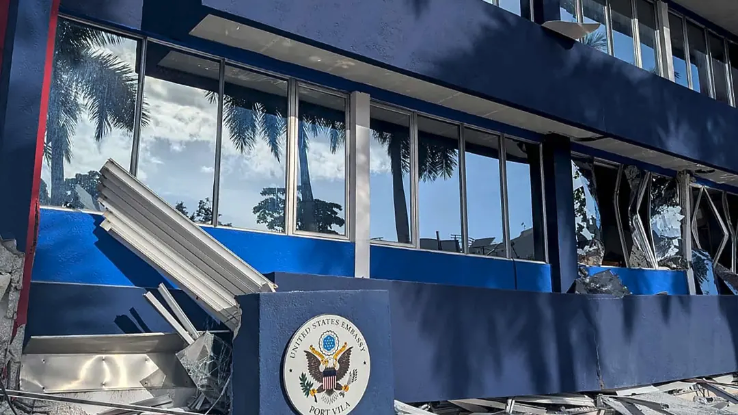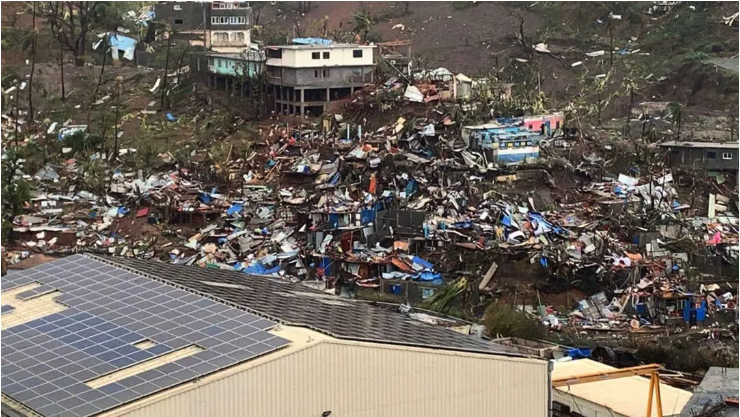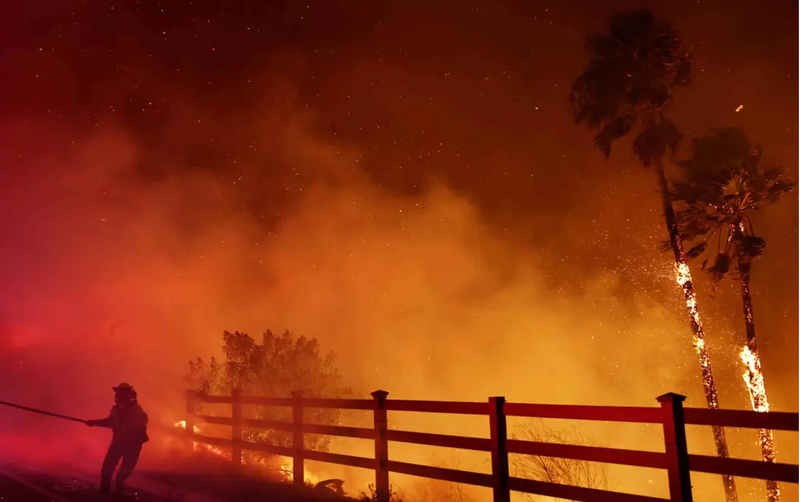Three Nation Alliance Formed to Protect Global Rainforests
On Mon., the world's three largest rainforest-holding nations — Brazil, the Democratic Republic of Congo, and Indonesia — formally launched an alliance aimed at preserving these ecosystems. The three countries represent 52% of the world's total tropical rainforests.

Facts
- On Mon., the world's three largest rainforest-holding nations — Brazil, the Democratic Republic of Congo, and Indonesia — formally launched an alliance aimed at preserving these ecosystems. The three countries represent 52% of the world's total tropical rainforests.
- Ahead of the G20 summit that begins on Tues., representatives from the three countries signed a statement announcing the alliance. The framework asserts that rainforests serve an integral role in decreasing carbon emissions, and those nations should be compensated for efforts to reduce deforestation.
- The alliance, dubbed an "OPEC for rainforests," was spurred on by the election of Luiz Inácio Lula da Silva in Brazil. He has pledged zero deforestation in the Amazon, a sharp u-turn from the policies of the former administration of Jair Bolsonaro.
- Oscar Soria, campaign director of the social justice organization Avaaz said, "this deal could be a promising step forward, as long as Indigenous peoples and local communities are fully consulted in the process and their rights and leadership respected."
- The three countries are home to the Amazon, Congo Basin, and Borneo and Sumatra forests signed an agreement at COP26 in Glasgow last year. The framework included: a commitment by 140 world leaders to reverse deforestation; the creation of a workgroup of producers and consumers; and the enlistment of commodity producers to align their businesses to meet the UN's +1.5°C target.
Sources: Reuters, Guardian, and iAfrica.
Narratives
- Narrative A, as provided by The Guardian. We have already crossed a rubicon, as more than 75% of untouched forest in the Amazon has become vulnerable since the early 2000s. Climate change and the policies of Bolsonaro have pushed the rainforests to the tipping point. It's difficult to say which will come first, the ecological failure of the rainforest or the literal bulldozers tearing it down.
- Narrative B, as provided by New Scientist. Amazon villages have seen a boom in their economies from deforestation, but then quickly saw bust with serious social consequences. It's true that deforestation leads to better roads, schools, and healthcare in the short run. However, there is a net social loss for the globe, and a regulation mechanism like an "OPEC for rainforests" can help better manage the environment and social justice.






